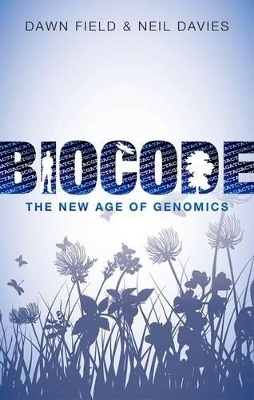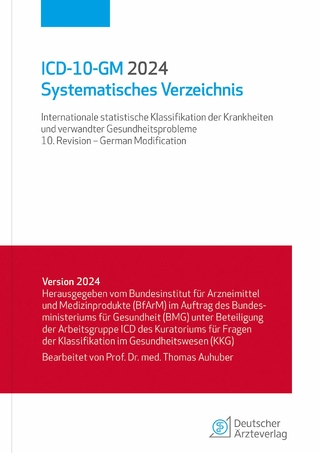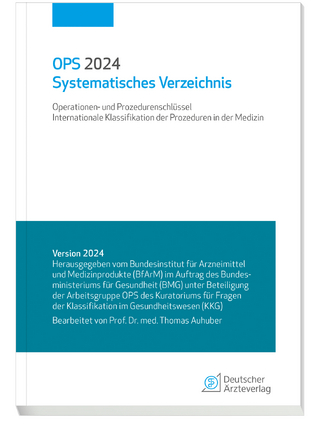
Biocode
Oxford University Press (Verlag)
978-0-19-968775-6 (ISBN)
The living world runs on genomic software - what Dawn Field and Neil Davies call the 'biocode' - the sum of all DNA on Earth. In Biocode, they tell the story of a new age of scientific discovery: the growing global effort to read and map the biocode, and what that might mean for the future. The structure of DNA was identified in 1953, and the whole human genome was mapped by 2003. Since then the new field of genomics has mushroomed and is now operating on an industrial scale. Genomes can now be sequenced rapidly and increasingly cheaply. The genomes of large numbers of organisms from mammals to microbes, have been mapped. Getting your genome sequenced is becoming affordable for many. You too can check paternity, find out where your ancestors came from, or whether you are at risk of some diseases. Some check out the pedigree of their pets, while others turn genomes into art. A stray hair is enough to crudely reconstruct the face of the owner. From reading to constructing: the first steps to creating artificial life have already been taken.
Some may find the rapidity of developments, and the potential for misuse, alarming. But they also open up unprecedented possibilities. The ability to read DNA has changed how we view ourselves and understand our place in nature. From the largest oceans, to the insides of our guts, we are able to explore the biosphere as never before, from the genome up. Sequencing technology has made the invisible world of microbes visible, and biodiversity genomics is revealing whole new worlds within us and without. The findings are transformational: we are all ecosystems now. Already the first efforts at 'barcoding' entire ecological communities and creating 'genomic observatories' have begun. The future, the authors argue, will involve biocoding the entire planet.
After more than a decade in the UK as a scientist interested in microbial genomics, bioinformatics and the emerging field of biodiversity genomics, Dawn Field now lives in Monterey, Virginia, USA where she is writing her next book, She is a Senior Research Fellow at the NERC Centre for Ecology and Hydrology, a Research Associate of the Biodiversity Institute of Oxford at Oxford University and a Research Associate of the Smithsonian Institution. She is a founder of the Genomic Standards Consortium, the Genomic Observatories Network and Ocean Sampling Day. Neil Davies lives on Moorea (sister island to Tahiti) in French Polynesia where he is the Executive Director of the University of California Berkeley's Gump South Pacific Research Station. He is the lead principal investigator of the Moorea Biocode Project, a $5m effort to sequence (DNA barcode) all non-microbial species on the island. Both are Research Associates of the Biodiversity Institute of Oxford where they are using their complementary experiences to cofound the international Genomic Observatories (GOs) Network. They have published more than 140 scientific articles (including in Science, Nature, Nature Genetics, Nature Biotechnology, Nature Methods, and PNAS) and have research interests in evolution, population genetics, genomics, metagenomics, DNA barcoding, bioinformatics, biodiversity, and data sharing. Both believe strongly in the power of concerted, international community-driven scientific actions. Field is the founder of the Genomic Standards Consortium, a growing nexus point for a wide range of international projects in this domain and both serve on its Board. Together they are working to help champion the emergence of 'biodiversity genomics' as a scientific field.
1. D.N.A ; 2. Six Billion Bases for Six Billion People ; 3. Homo evolutis ; 4. Zoo in My Sequencer ; 5. No Organism is an Island ; 6. Terragenoming ; 7. We are all Ecosystems Now ; 8. Biocoding the Earth ; References ; Index
| Zusatzinfo | Approx 9 black and white illustrations |
|---|---|
| Verlagsort | Oxford |
| Sprache | englisch |
| Maße | 141 x 223 mm |
| Gewicht | 364 g |
| Themenwelt | Sachbuch/Ratgeber ► Natur / Technik |
| Informatik ► Weitere Themen ► Bioinformatik | |
| Naturwissenschaften ► Biologie ► Genetik / Molekularbiologie | |
| ISBN-10 | 0-19-968775-7 / 0199687757 |
| ISBN-13 | 978-0-19-968775-6 / 9780199687756 |
| Zustand | Neuware |
| Haben Sie eine Frage zum Produkt? |
aus dem Bereich


